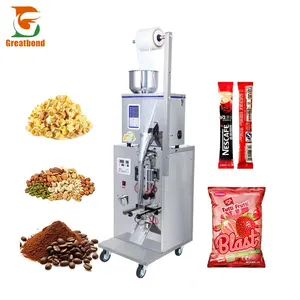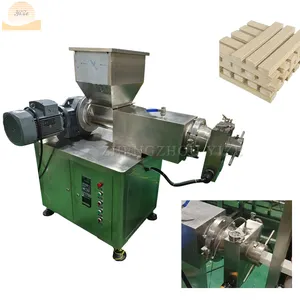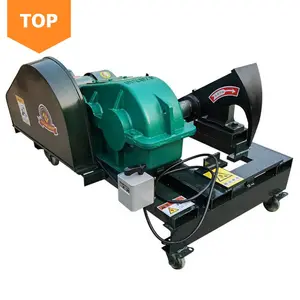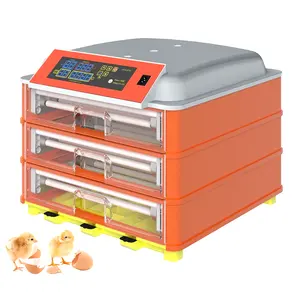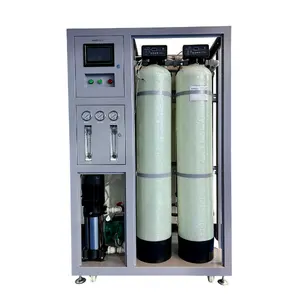Popular in your industry



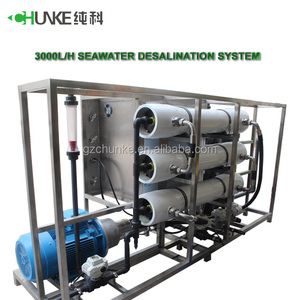









































































Related Searches:



















































































Top categories
About ultrafiltration dialysis
Introduction to Ultrafiltration Dialysis
Ultrafiltration dialysis is a specialized process used in medical settings to remove waste products and excess fluids from the blood when the kidneys are unable to perform this function adequately. This technique combines the principles of dialysis and ultrafiltration to provide a more efficient and targeted treatment for patients with kidney-related issues.
Technical Specifications of Ultrafiltration Dialysis
When discussing the technical specifications of ultrafiltration dialysis equipment, several key factors come into play. The machine's capacity to filter blood efficiently, the precise control of ultrafiltration rates, and the ability to monitor and adjust parameters in real-time are essential features. Additionally, the design should ensure patient safety and comfort during the dialysis process.
Benefits of Ultrafiltration Dialysis
The benefits of incorporating ultrafiltration in dialysis procedures are manifold. By utilizing ultrafiltration, healthcare providers can achieve better fluid management, leading to improved outcomes for patients. This approach allows for more customized treatment plans, resulting in enhanced patient comfort and reduced treatment times.
Applications of Dialysis with Ultrafiltration
Dialysis with ultrafiltration finds widespread applications in various medical settings, including hospitals, dialysis centers, and intensive care units. The versatility of this technique makes it suitable for patients with different levels of kidney function impairment, offering a tailored solution to meet individual healthcare needs.
Choosing the Right Ultrafiltration Dialysis Equipment
When selecting ultrafiltration dialysis equipment, several factors should be considered to ensure optimal performance and patient outcomes. It is crucial to assess the machine's filtration efficiency, ease of use, maintenance requirements, and compatibility with existing medical infrastructure. Additionally, evaluating the manufacturer's reputation and after-sales support is essential for a seamless user experience.
In conclusion, ultrafiltration dialysis represents a significant advancement in renal care, providing healthcare professionals with a precise and effective tool to manage patients' fluid and waste removal needs. By understanding the technical specifications, benefits, applications, and selection criteria for ultrafiltration dialysis equipment, medical institutions can offer superior care to individuals suffering from kidney-related conditions. Investing in high-quality ultrafiltration dialysis machines is paramount to ensuring positive patient outcomes and enhancing overall treatment efficacy.
